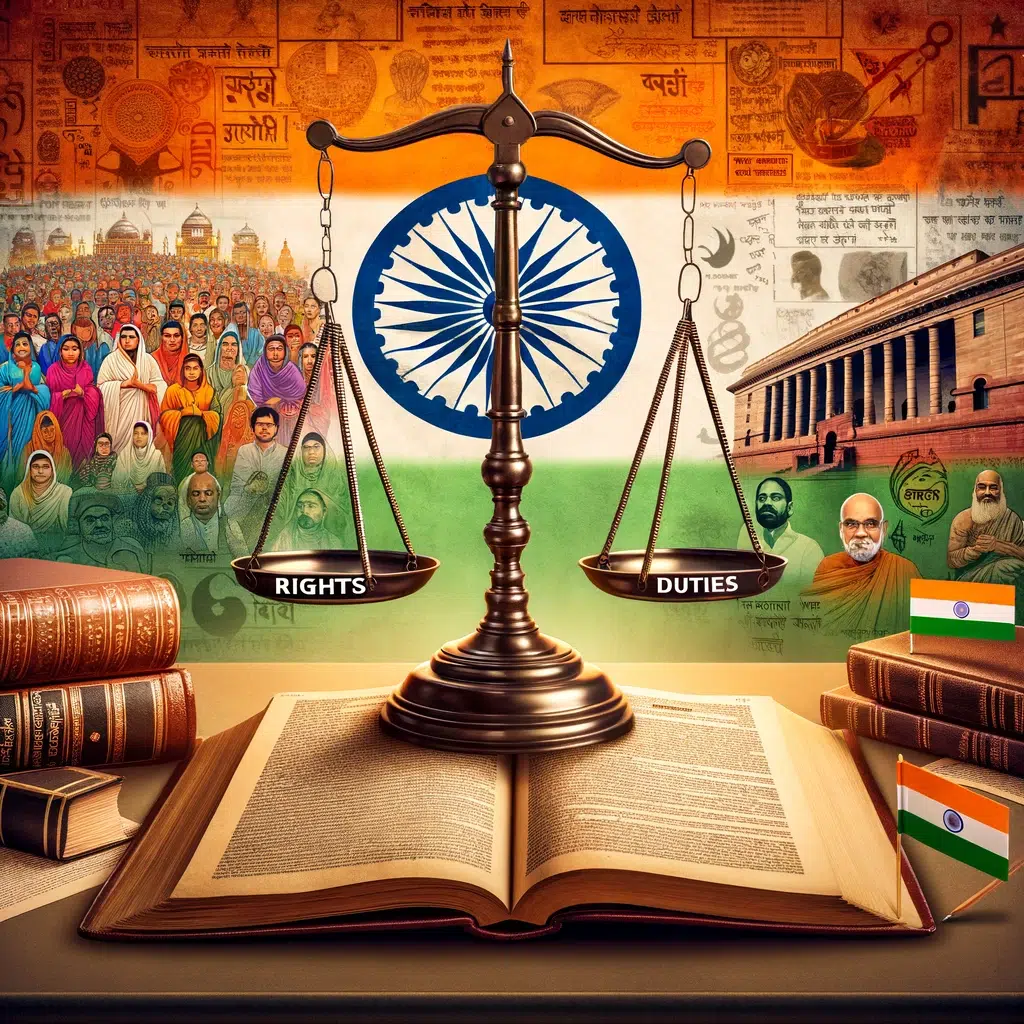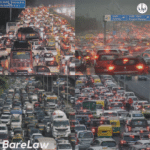
In a profound reminder of India’s constitutional ethos, former Supreme Court Justice MR Shah articulated the imperative of secularism and fundamental duties for every citizen, addressing an audience on the auspicious occasion of Constitution Day. The event, organized by the Gujarat High Court, became the platform for reinforcing the creed of secularism enshrined in the Indian Constitution.
Secularism, as Justice Shah underscored, is not a selective principle to be practiced by a solitary religious group or community; it is a universal obligation incumbent upon all who dwell within the Indian territory. This principle of neutrality and impartiality towards all religions is not just an ideological stance but is embedded as a fundamental duty under the Constitution of India.
The retired judge highlighted a common oversight in the Indian civic discourse: the tendency of citizens to emphasize their rights while neglecting their corresponding duties. Justice Shah urged the public to reflect on their duties while exercising their rights, stressing that the freedom of speech must be balanced against the dignity of others and the rights of the collective.
Justice Shah illuminated the dual nature of fundamental rights and duties, portraying them as two sides of the same coin that collectively assure good governance. This balance between individual freedoms and societal obligations is critical to the fabric of a democratic society. The State bears the responsibility of not infringing upon individual rights, while citizens are equally bound to contribute to the social welfare and uphold the spirit of common brotherhood.
Delving deeper, the judge shed light on the historical continuity of constitutional rights, tracing their origins back to the ancient Vedas, which also expound on the interdependence of rights and duties, equality, and mutual respect.
The conversation on fundamental rights and duties extended to the judiciary’s role in upholding the rule of law. Judges, according to Justice Shah, are pivotal in bridging the gap between law and society, ensuring the delivery of timely justice, and fostering a culture where citizens are aware of and perform their duties.
Justice Shah’s address concluded on a note of urgency regarding the expedition of justice. He stressed that delays in the judicial process, such as in cases of interim maintenance or prolonged incarceration without trial, undermine the very essence of justice. The timely resolution of cases is as significant as the final verdict itself, he affirmed.
In celebrating Constitution Day, Justice Shah’s insights serve as a compelling reminder of the synergistic relationship between rights and duties. It is a call to action for every Indian to embody the constitutional values of secularism and to participate actively in the nation’s democratic processes.



